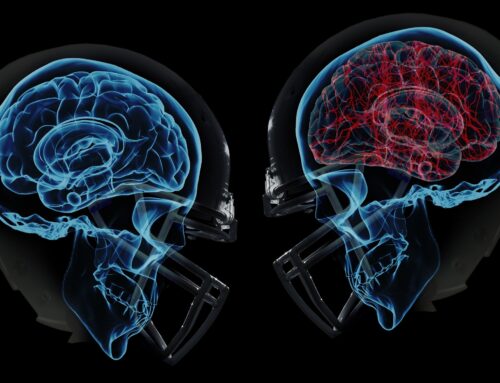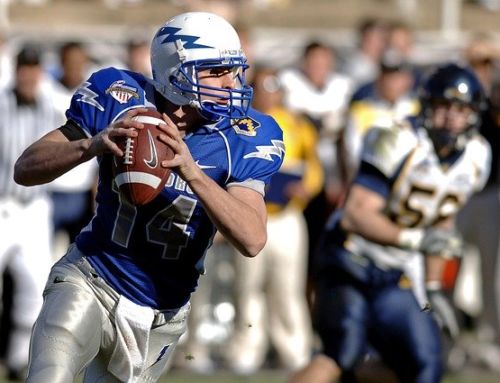Overview
Post-concussion syndrome is a intricate disease in which various symptoms — such as headaches and nausea — continue for months and sometimes months following the injury that resulted in the concussion.
In addition, it can happen with intense vibration and motion of the body or head. You do not need to drop consciousness to acquire a concussion or even post-concussion syndrome. In actuality, the danger of post-concussion syndrome does not seem to be linked to the severity of the first injury.
In most people, symptoms occur over the first seven to ten times and go away in just three months. From time to time, they could persist for a year or even longer. The objective of treatment following a concussion would be to efficiently manage your symptoms.
Symptoms
- Headaches
- Dizziness
- Fatigue
- Irritability
- Stress
- Insomnia
- Loss of memory and concentration
- Blurry vision
- Rarely, decreases in flavor and odor
Post concussion syndrome may fluctuate and might feel like tension-type migraines or headaches. Most often, they’re tension-type headaches. These might be related to a neck injury which occurred at precisely the exact same time as the head injury.
See a physician if you experience a headache severe enough to cause distress or amnesia — even though you have lost consciousness. If a concussion happens while you are playing a game, do not return in the match. Seek medical care so that you don’t risk reevaluate your harm.
Causes
Some specialists believe post concussion symptome result from structural damage to the mind or disturbance of their messaging system inside the nerves, resulting from the effect that resulted in the concussion.
Other people consider post concussion syndrome are linked to psychological aspects, particularly since the most frequent symptoms — nausea, headache and sleep difficulties — are very similar to those frequently experienced by individuals diagnosed with depression, stress or post-traumatic anxiety disorder.
Oftentimes, both physiological consequences of brain injury and psychological reactions to those effects play a part in the evolution of symptoms. Researchers have not determined why some men and women who have had concussions develop persistent post concussion syndrome while some don’t. More research is still required to better understand why and how post-concussion syndrome occurs after some injuries rather than others.
Diagnosis
No single evaluation will prove you’ve got post-concussion syndrome. Your chiropractor might want to purchase a scan of your mind to test for other possible issues that may be causing your symptoms.
Headaches
Medicines are often specific to the patient, so that you and your physician will discuss which are most suitable for you. Bear in mind that the overuse of prescription and over-the-counter pain relievers can promote persistent post-concussion headaches.
Memory Issues
Time might be the ideal treatment for post concussion syndrome when you have cognitive issues, since most of them go away on their own in the weeks to months following the injury.
Certain kinds of cognitive therapy could be useful, such as focused rehabilitation that offers training in the particular areas which you have to strengthen. Anxiety can raise intensity of cognitive disorders and learning stress management approaches can be valuable to reduce cognitive symptoms. Relaxation therapy can also help.
Depression and Anxiety
The indicators of post concussion syndrome frequently grow after the affected individual learns that there’s a cause for their symptoms and that they will probably improve with time. Education about the disease can facilitate an individual’s fears and help provide reassurance.
If you are experiencing new or raising depression or anxiety following a concussion, a few treatment choices include. Psychotherapy. It could be beneficial to discuss your issues with a psychologist or psychiatrist with expertise in working with individuals with brain injury. Medication. To fight depression or anxiety, antidepressants or anti-anxiety medications might be prescribed.
Photo Credit: Trainer Academy



